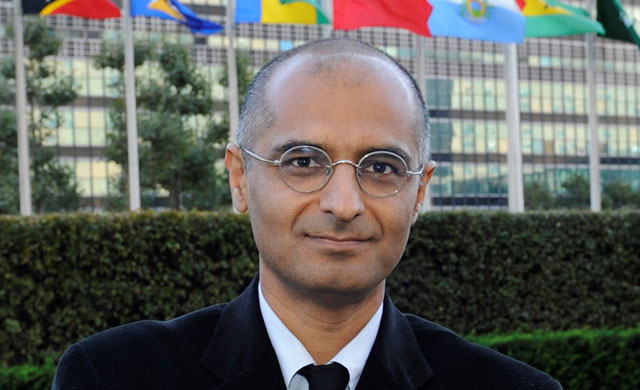Terrorism in Afghanistan: A Joint Threat Assessment
EWI Releases Joint U.S.-Russia Report on Terrorist Threat in Afghanistan
The EastWest Institute (EWI) today released Terrorism in Afghanistan: A Joint Threat Assessment, the culminating report from the institute’s Joint U.S.-Russia Working Group on Counterterrorism in Afghanistan. Authored by American and Russian contributors, the report provides a timely, even-handed assessment of terrorism and armed conflict in Afghanistan, while also exploring the counterterrorism agenda in the broader geopolitical context of U.S.-Russia relations.
“In spite of ongoing tensions between the United States and Russia, Afghanistan and counterterrorism have remained rare dynamic areas for constructive, bilateral dialogue,” said Vladimir Ivanov, director of the Working Group and EWI’s Russia and the United States program. “At this critical juncture in Afghanistan’s road to peace, and as violence continues to plague the country, it is more important than ever for the U.S. and Russia to better align their counterterrorism and peace-making efforts, not just for the safety and stability of Afghanistan, but for the region and world.”
Click here for the full report. The Russian translation of Terrorism in Afghanistan: A Joint Threat Assessment will be made available in June 2020.
Terrorism in Afghanistan: A Joint Threat Assessment is intended to serve as an analytical tool for policymakers and an impetus for joint U.S.-Russia action. The report provides an overview of the security situation and peace process in Afghanistan, taking into account U.S. and Russian policies, priorities and interests; surveys the militant terrorist groups in and connected to Afghanistan and explores the security interests of various regional stakeholders vis-à-vis Afghanistan. Challenges relating to border management, arms trafficking and terrorist financing in Afghanistan are also briefly addressed.
Launched in October 2017, the Working Group convened U.S. and Russian policy and technical experts in Moscow, Washington, D.C., Brussels and Vienna over the course of two years. The Working Group has since garnered positive feedback and support from key interlocutors, including the U.S. Department of State, U.S Department of Defense and Ministry of Foreign Affairs of the Russian Federation, as well as the North Atlantic Treaty Organization (NATO) and Organization for Security and Co-operation in Europe (OSCE).


